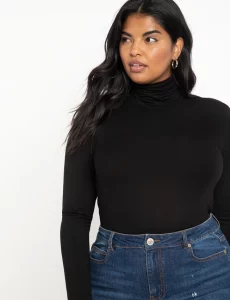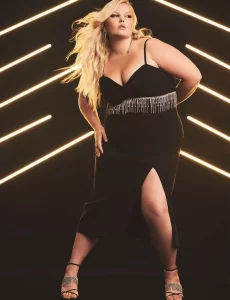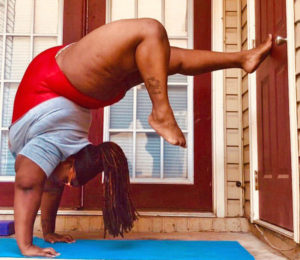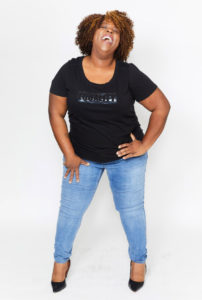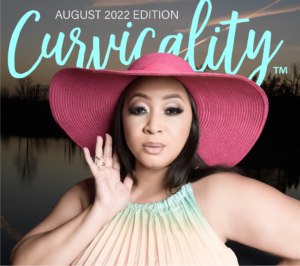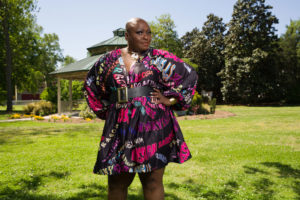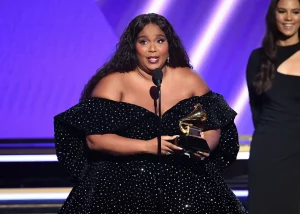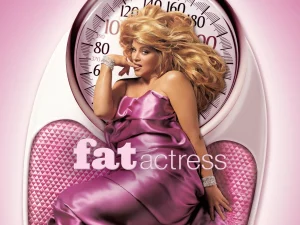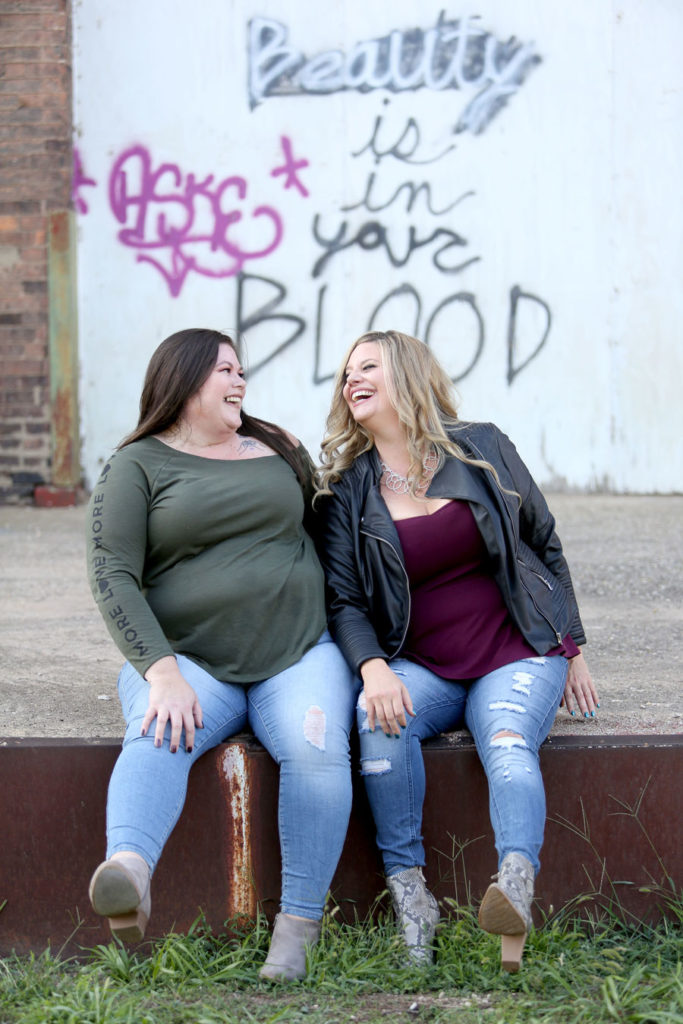Inevitably, someone finally blurts out how she “got super-fluffy” over the holidays and how there are only so many days until summer. And, if she doesn’t want to scare everyone as a “beached whale” she better get cracking to get her ass back in the gym!
Others start to chime in on how disgusted they are with their “extra rolls” and clink their glasses in agreement. And you just sit there, with a strained fake smile on your face, wondering if they can hear the screaming in your head.
The truth is, if you’ve experienced this (I know I have) your friends’ intentions are most likely never to hurt you — they are probably totally unaware of how their words hurt. They are merely mimicking the same tired old tapes we’ve all heard as females since we learned how to talk — that our bodies are not ours, that they are a source of shame, and how we are only allowed one kind of beauty standard (as if we even need those — beauty standards in and of themselves are a form of oppression).
So, what do you do if you find yourself in a similar situation? Do you just silently sip your watery wine spritzer, nibble on your wilty caesar salad and count down the seconds until you can hightail it out of there? Because after listening to all that BS, all you want is to cuddle up on the couch with your dog and binge watch something on Netflix.
Well, you could just bite your lip, pretend you’re OK with their ignorance and stay quiet (as most of us curvaceous girls have done all our lives), but here’s the thing. And it’s gonna make you uncomfortable.
In order to be a catalyst for change, even on a small scale, we have to let people know when they are crossing a boundary — against you as a curvy woman, and against even themselves as women. We need to encourage a better inner dialogue with ourselves — one based on healthy self-love and validation — not the lies about beauty we’ve been spoon fed since birth:
“You’re lazy if you’re a curvy girl.”
“If you’re plus-sized, you must be an overeater.”
“You can’t be beautiful if you’re overweight.”
And so on.
Perhaps you could say something like:
“If you want to drop a few pounds you gained over the winter, that’s great. But why make it a source of shame? Also, I’m not sure if anyone noticed, but I am a larger woman … and when you speak about being ‘extra fluffy’ as if it’s a horrible thing like a disease, it’s hurtful. I don’t want to shame anyone here. I just want to give you a reality check about how your words come across to someone like me.”
Saying this will make your friends squirm in their chairs. After an initial awkward silence, they may offer an apology. Or, they may be stunned and react with a blank stare.
And, it’s possible you also may lose some of them because they can’t see — or don’t want to see — their own prejudice. Don’t worry about that. If they can’t appreciate your point of view, they’re not really your friends anyway.
Part of the positive change we’ve seen in the last 15 years in fashion and pop culture regarding plus-size women lies in the fact that we’ve refused to be invisible anymore. We are beautiful, powerful, and a force to be reckoned with. But the change we want to continue to see in the world must come from within — and sometimes it starts with an honest response to body shaming — even in the company of friends.
Have you had this experience? What was your response? Tell us your story in the comments below.

About the Author: Aimee Kunau is a professional marketing and creative writer based in Boise, Idaho. Her passion is the written word, but she also is a raving fangirl for fashion, makeup and jewelry. She encourages every woman to celebrate her own unique gifts and beauty.



